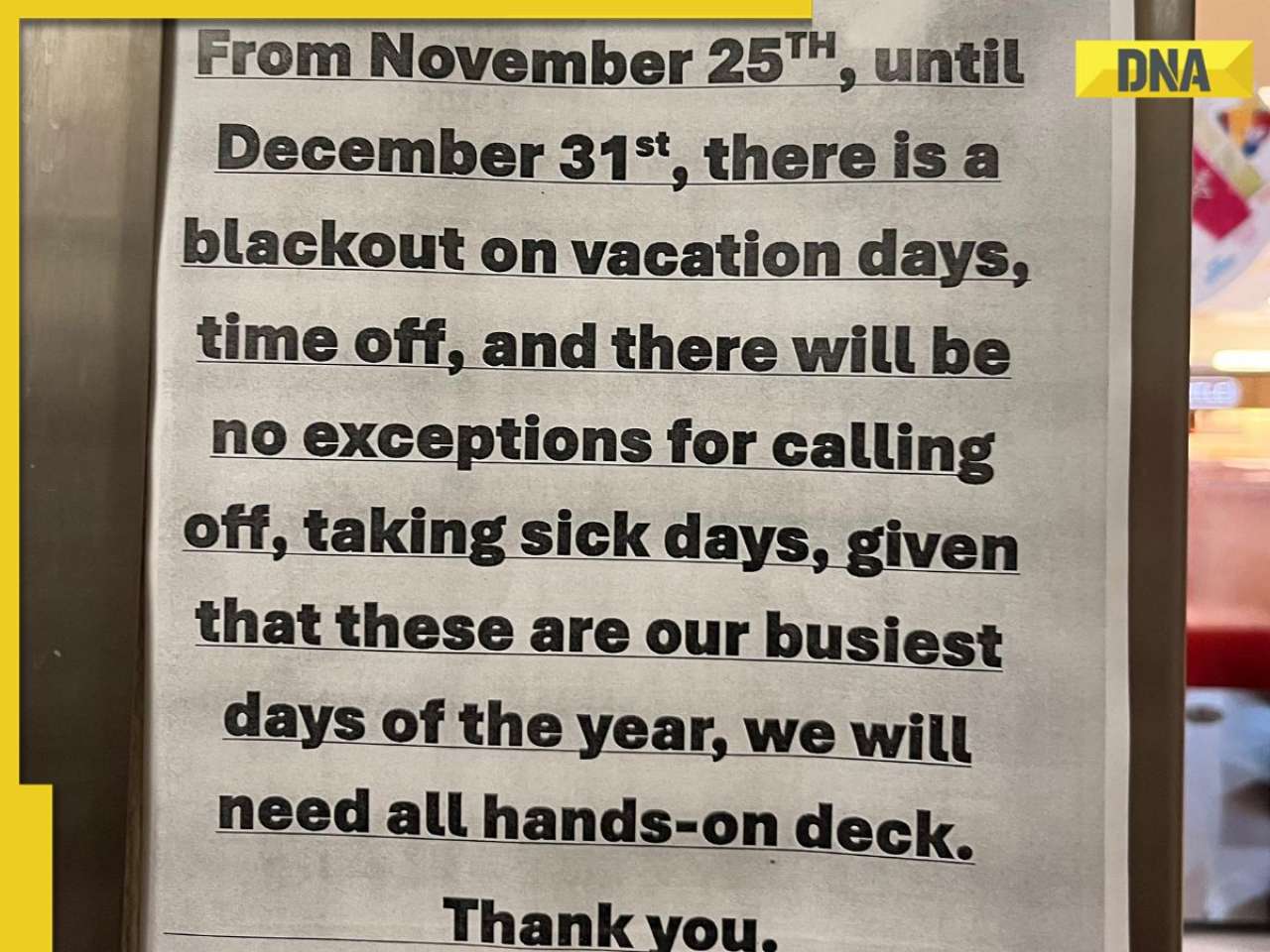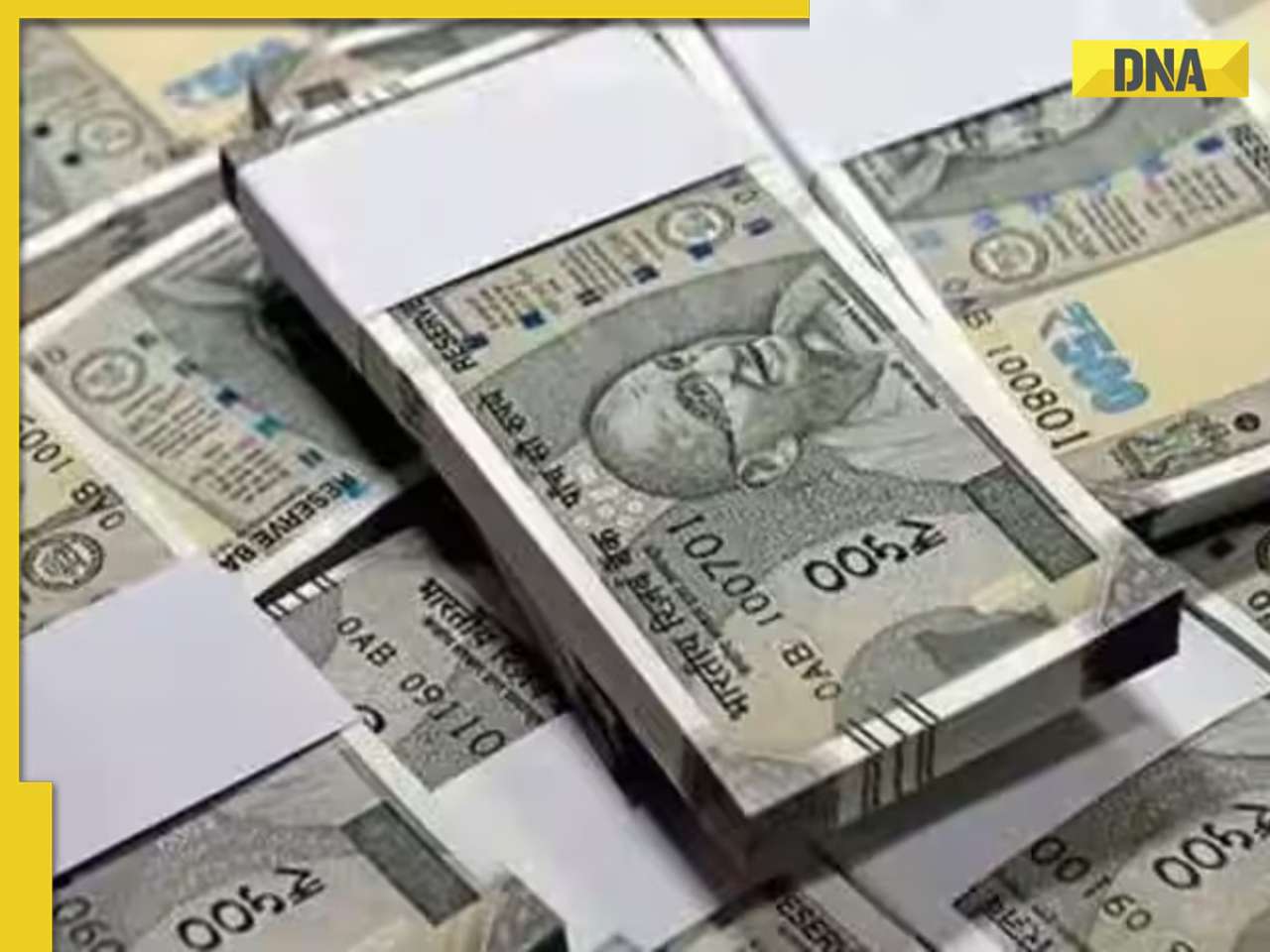- LATEST
- WEBSTORY
- TRENDING
BUSINESS
Buzz of $430 billion loss; top banker defection freaks out China
People’s Bank ‘loses’ Rs20 lakh crore on US bonds
TRENDING NOW
For global market that are perpetually bracing for bad news, the bombshell of epic proportions was dropped overnight. It came in the form of a sensational rumour that China’s top central banker, Zhou Xiaochuan, had defected overseas to escape punishment after the bank registered a $430 billion (Rs 20.24 lakh crore) loss on its US bonds portfolio.
Global intelligence analysis group Stratfor controversially went public with the rumour, citing Chinese-language reports on the Internet.
“Rumours have circulated in China that People’s Bank of China (PBoC) governor Zhou Xiaochuan may have left the country,” it said. It claimed that it had no independent confirmation of the rumour, but nevertheless felt that “release of this rumour and its dispersion throughout the public is significant” — given the frightful consequences for global markets, particularly the US Treasury market, if it was confirmed as true.
The rumour was disproved within a few hours. PBoC deputy governor Hu Xiaolian said, “They say that Governor Zhou has fled… But in actual fact Zhou was chairing a PBoC meeting.” Earlier, the PBoC’s website put up photographs of Zhou addressing a meeting in Beijing on Monday, and interacting with visiting Japanese finance ministry officials. That meeting was independently confirmed by Japanese officials.
But by then, the sensational “news” had being picked up by overseas financial blogs and — in some cases - the mainstream media.
“My first response was: WTF!,” a Chinese banker with a foreign bank said in Hong Kong on Tuesday. “In a perverse sort of way, it’s the kind of thing that sounds plausible in China, even in this day and age.”
The broader market, too, was spooked: the one-month repo rate shot up by nearly 50%.
The rumour sounded all the more plausible because the original Chinese-language “news” report was attributed to Ming Pao, a credible Hong Kong-based Chinese-language newspaper with a reputation for rigorous journalism. But Ming Pao put out a statement saying that the report attributed to it was a “fabrication”, and that it had alerted Hong Kong police and mainland Chinese authorities.
It’s hard to get a sense of who might have initiated the rumour, and why. There’s been some speculation that the rumour may have been initiated by a fund manager who had been wrongsided by the market — or a foreign intelligence agency. In its initial report, Stratfor said the rumoured “defection” might have been related to a power tussle within the Chinese Communist Party ahead of a leadership transition in 2012.
“Zhou is known to have lofty political ambitions and is believed to be a close ally to former Chinese President Jiang Zemin.” There had, it noted, been “no shortage of rumours about Zhou’s possible dismissal in the past five years.”
The reported loss — an estimated $430 billion — also sounded abnormally high, given that it would have accounted for a substantial proportion of China’s official reserves. In published media comments, Stratfor chief executive George Friedman said he was “less concerned” about the number and the specific charges than the politics of a senior banker clearly under attack without the government stepping in and backing him.”
But former investment banker and media columnist Jake van der Kamp points out, citing CEIC data, that there is, indeed, a $450 billion gap between the actual dollar value of the PBoC foreign reserves - $2.45 trillion - and the US dollar equivalent of the yuan value at which the PBoC carries the reserves on its books - $2.91 trillion.
That gap - $450 billion - is about 140 times the issued capital of the PBoC. “If this were a normal commercial bank, its directors would now be in jail having negligently continued operations over several years while knowing being woefully insolvent,” but since it’s a central bank, it can print the money, he adds.
How that shortfall is reconciled, and whether any officials will be held accountable for mismanagement, is the story for another day. For today, however, the ‘bombshell’ is a reminder of the “low levels of transparency” that apply in China - and how “even the impossible can be possible,” says the Chinese banker.
CNBC senior editor John Carney proclaimed he had “officially joined the camp of China pessimists and that further that China’s drawdown of US Treasuries perhaps indicates “a domestic crisis brewing rather than a problem with the US economy.”








)
)
)
)
)
)
)
)
)
)
)
)
)
)
)



























































